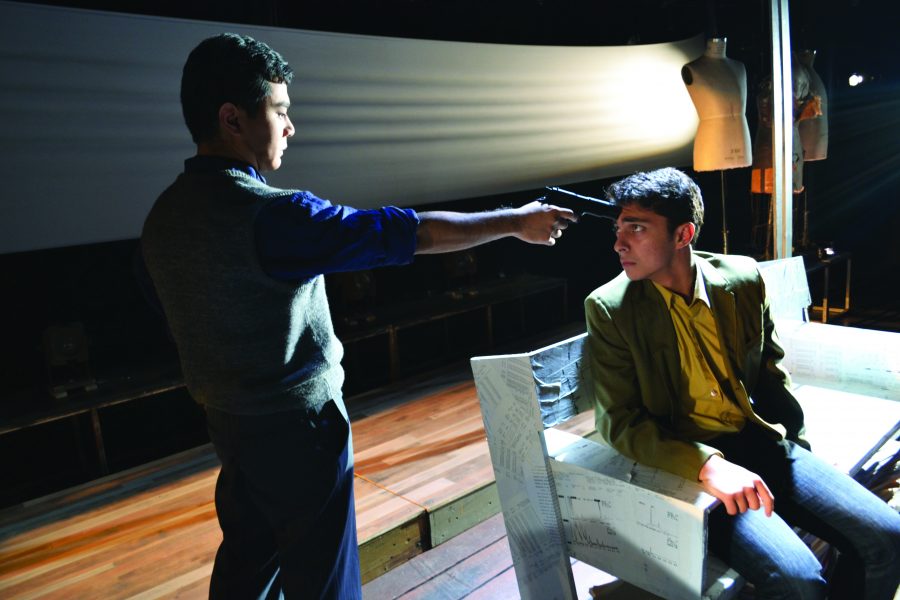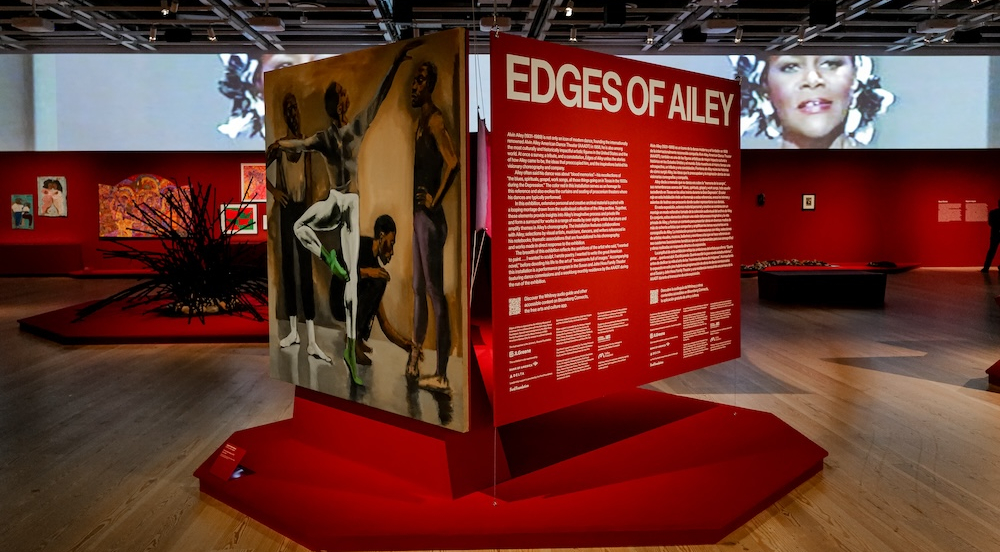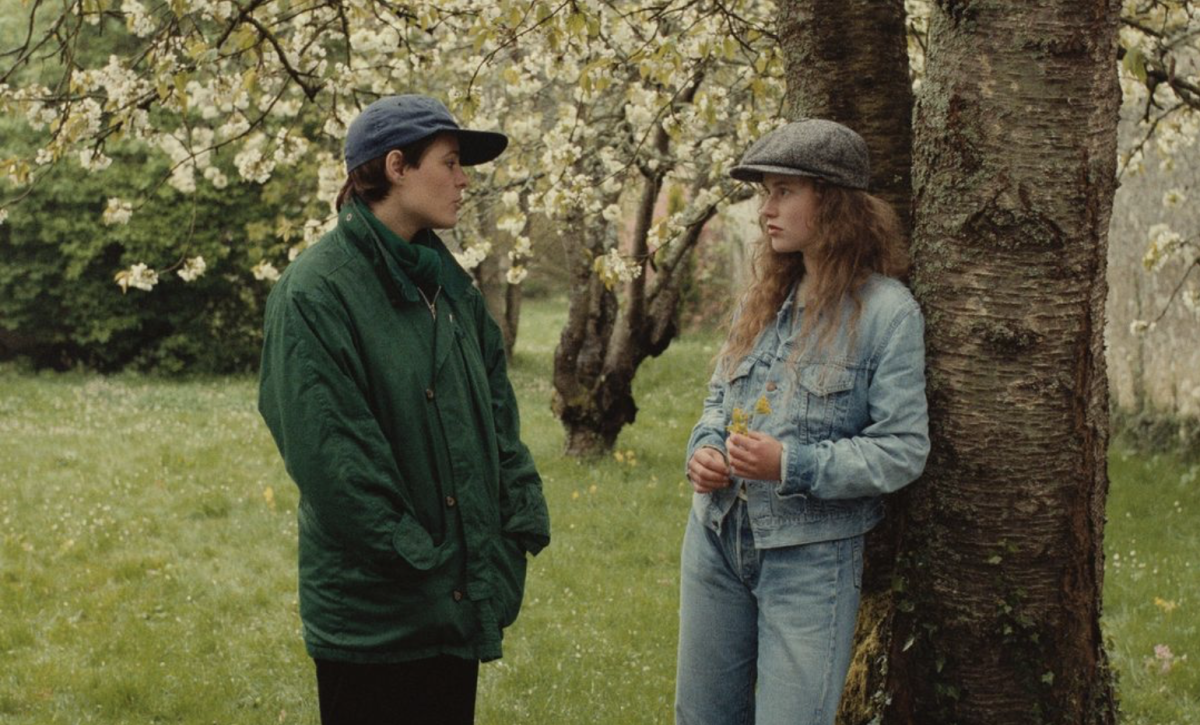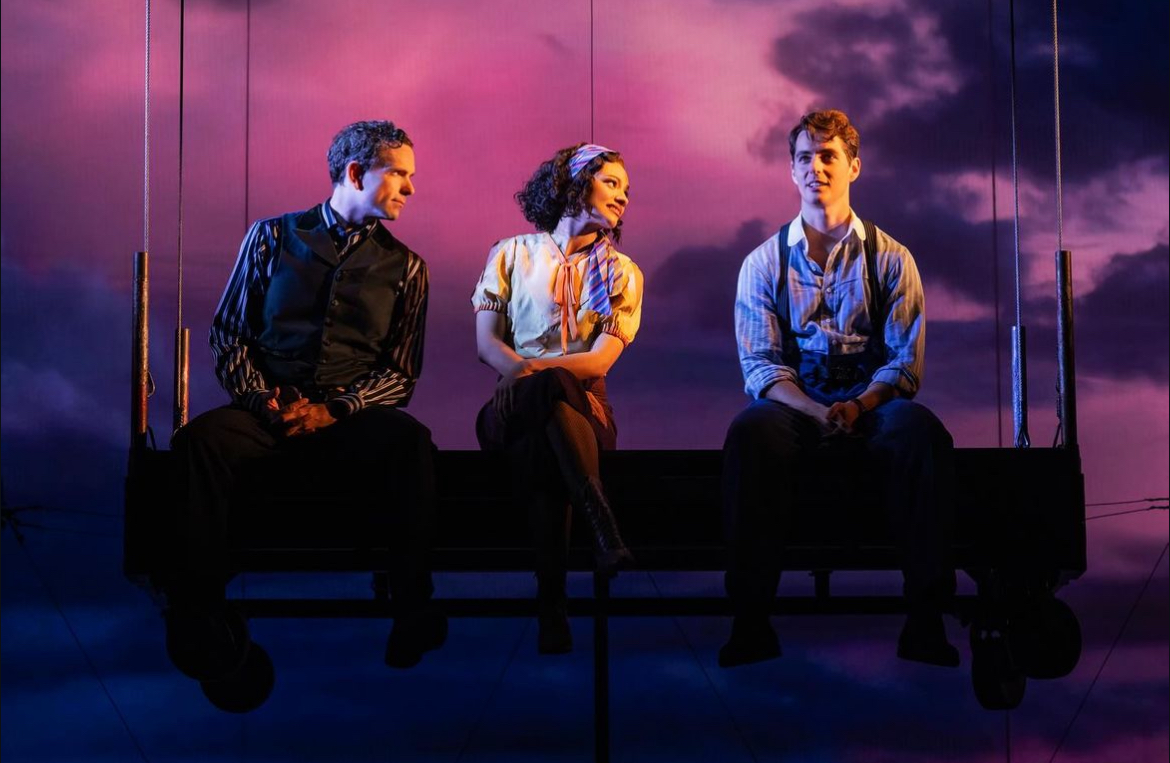The university’s renowned performing arts department has produced another fantastic week of theatre. The most dramatic of all works presented thus far, Caryl Churchill’s drama “A Number” was truly outstanding. Directed by senior Chad Chenail as a part of a magical night of one acts performed in the Schaeberle Theater—including Harold Pinter’s “Party Time”—Churchill’s complicated and eccentric script thrilled the audience.
The play touched on the controversial subject of human cloning, along with the questions of identity and nurture. From the very moment the show began, the combination of video projection and the brilliant choreography revealed to the audience that the plot revolved around the concept of cloning. The idea of human cloning proves upsetting, establishing the unnerving tone of the play, which ultimately reveals itself as more of a tragedy than a drama. As the show evolves, an understanding is gained that there is more to the story than just human duplication, but that of the value and worth of a person.
“Both once [sic] act plays had incredible performers, especially those in ‘A Number,’” said David Shocket, a member of the technical staff at the Schaeberle Theater. At first this particular production of the play got off to a bit of a rocky start because it was evident that the cast, consisting of two male actors, had forgotten several lines, interrupting the authenticity of the story. However, as the actors grew more comfortable onstage in their characters, the acting became more real and the lines came more naturally in the moment.
The main plot of the play is based on the character of Salter, played by junior Soun Long, who becomes entangled in lies and conflicts with his sons. Previously, Salter was married with one male child. When his wife and mother of his son commits suicide, Salter attempts to raise the boy on his own and fails due to his inability to grieve the loss of his wife. Ashamed by his lack of success as a father, he ultimately sends his first son away. Regretting his troubled parenting and behavior, Salter feels he needs a second chance at being a father and clones his son’s DNA in order to create an exact replica and start all over again with a new son. With the implementation of the procedure, which was guaranteed to produce only one copy, having gone horribly wrong, Salter’s second son Bernard discovers he is not unique. The truth behind this story is revealed throughout the play as Salter’s first son, still alive, discovers there are other people who are just like him.
The use of the projection screen in the background added to the overall production because the somewhat eerie videos portrayed the scientific process of cloning while the script and actors contrastingly conveyed the emotional aspect. The music and repeating heartbeat cue enhanced the intensity of each scene and heightened the tone the author and director intended to portray.
Chenail as director is nothing short of an artistic genius. The reoccurring stage blocking and choreography for the character of Salter was not only aesthetically intriguing, but at the same time illustrated with miming hand motions that he is the person responsible for conducting the cloning experiment. The background music added tension and in no way hindered the production.
What really stole the show was the incredible talent Jade Ziane, who in this play made his performing debut at the university. He certainly made a great first impression. Surely, not a single audience member who had the privilege to watch this young man perform can deny that they were impacted by his performance. Ziane’s ability to change clothes onstage and become a completely different character was very impressive. He fully committed to each different character, including that of Bernard 1 (Salter’s 1st son), Bernard 2 (the clone made to replace the original son), and Michael Black (one of the many clones of Bernard), and delivered a believable performance. It takes an amazing actor to be able to transform so drastically in the matter of minutes in order to act as a completely different version of a character, each with a different emotion. “Each version has their own agenda, which all intertwine because the sons have interacted with each other and know they all exist,” adds Shocket.
The most memorable and exhilarating part of the play was the one moment of silence when Salter is on his knees begging for forgiveness from his original biological son, who sits, gun in hand, staring straight into the distance without moving a flinch. The audience was completely on the edge of their seats in suspense of when and if the trigger would be pulled. The actors were so in the moment that the outcome was unpredictable and nothing could be expected. “The two performers in this play were exceptional and really enticed me for the whole performance” Shocket lauds. As the original son Bernard discovers his father’s replacement clone of himself, the play ends in death of all Bernard clones and ultimately of Salter himself. “The show is very dark, and somewhat creepy as well, and they conveyed clearly,” Shocket adds “I really enjoyed this production of the show.”
With a script lacking any stage directions, a bare stage, and simple costumes, director Chenail had the freedom to make many decisions, none of which were mistakable or unjustified and all of which contributed to the overall production. The author’s main idea of the play is that of self. Salter meets and interacts with three of his “children,” all of whom have the same genetics, but are very different versions of that same person. For an entire intense 60 minutes, the audience of Churchill’s play “A Number” indulges in a person’s discovery that he is a clone. When one is not an individual person, they are no longer unique, but rather a number.












